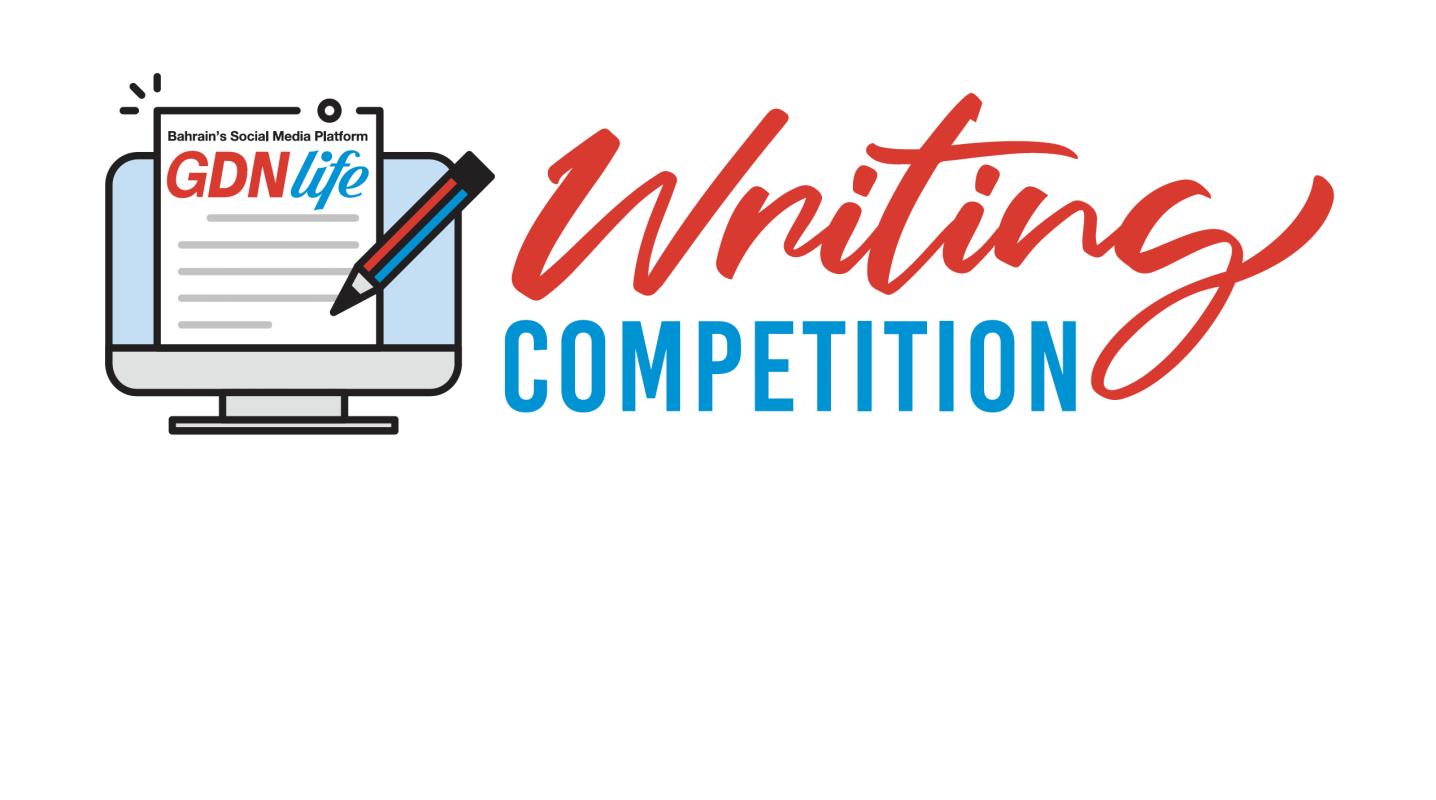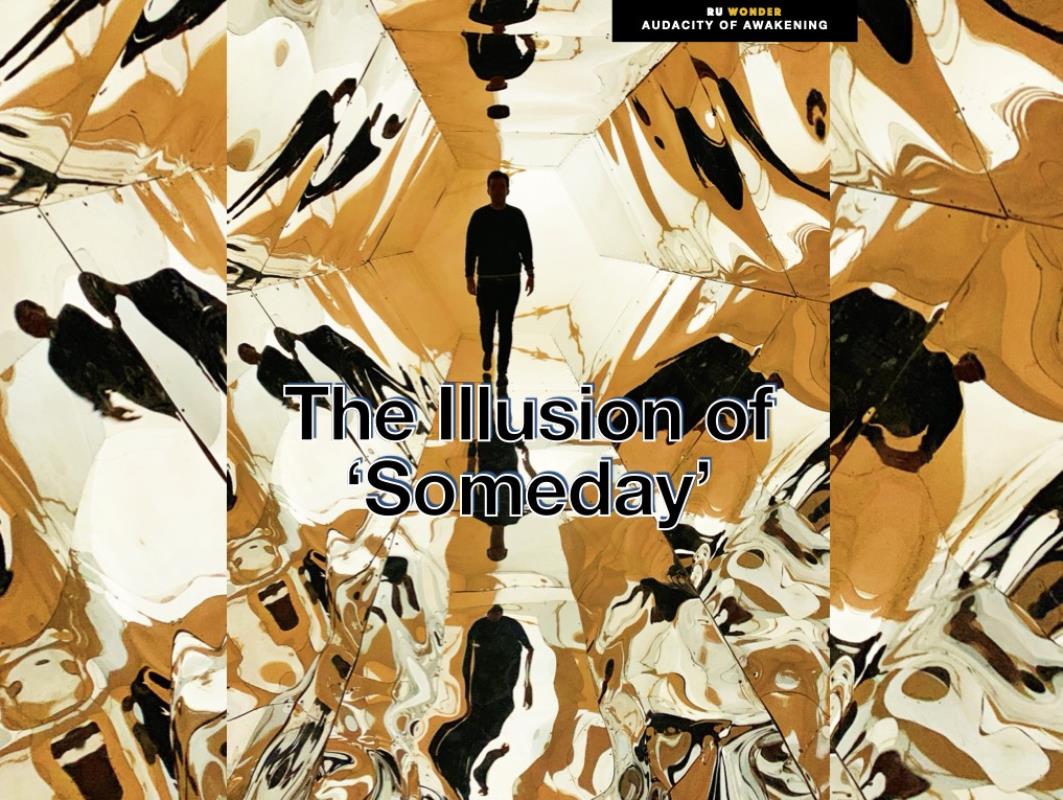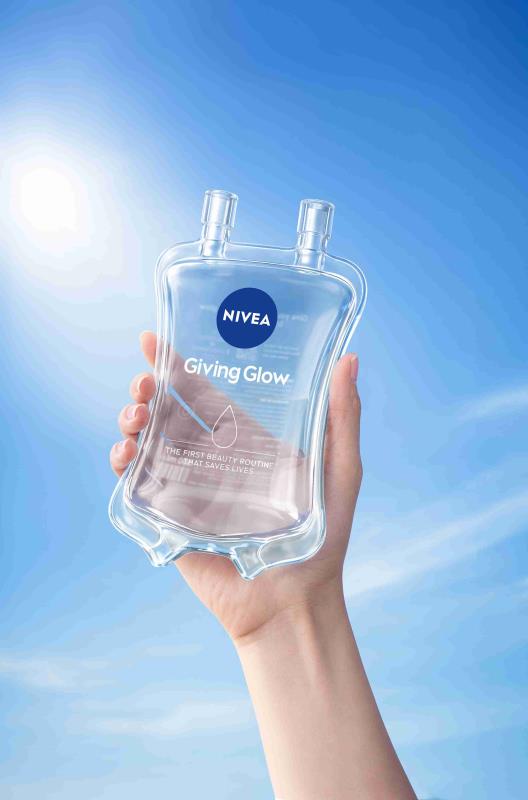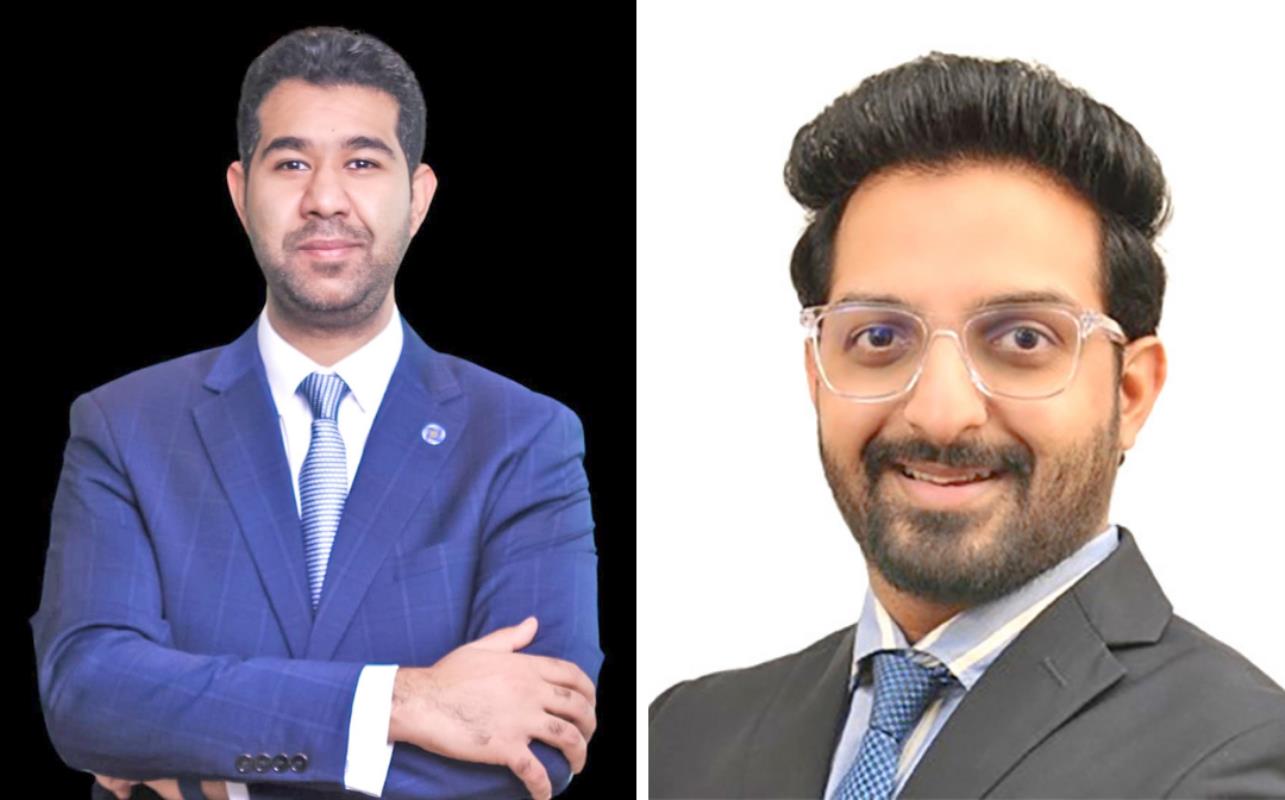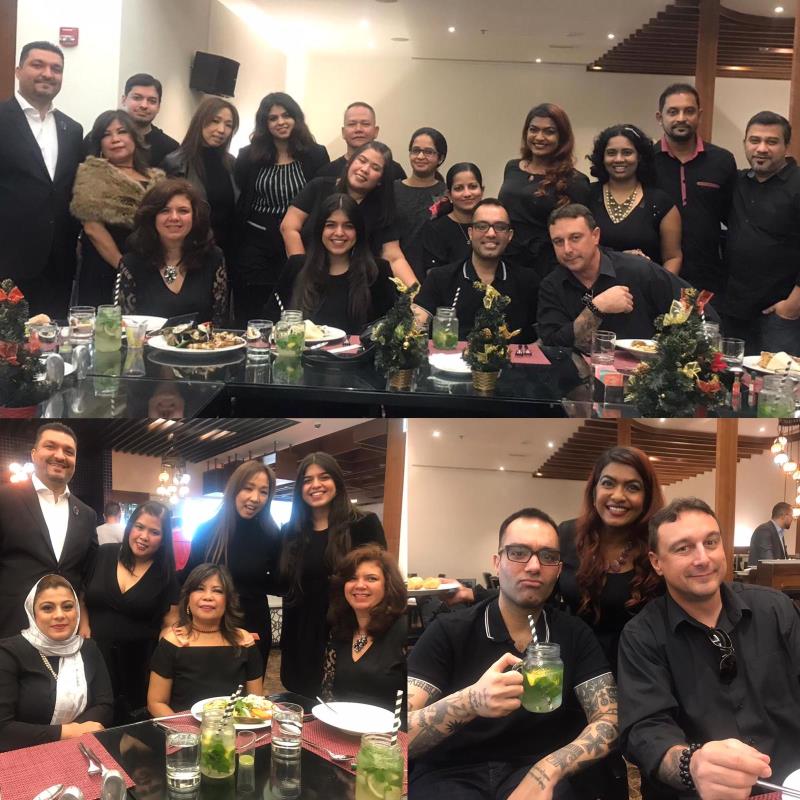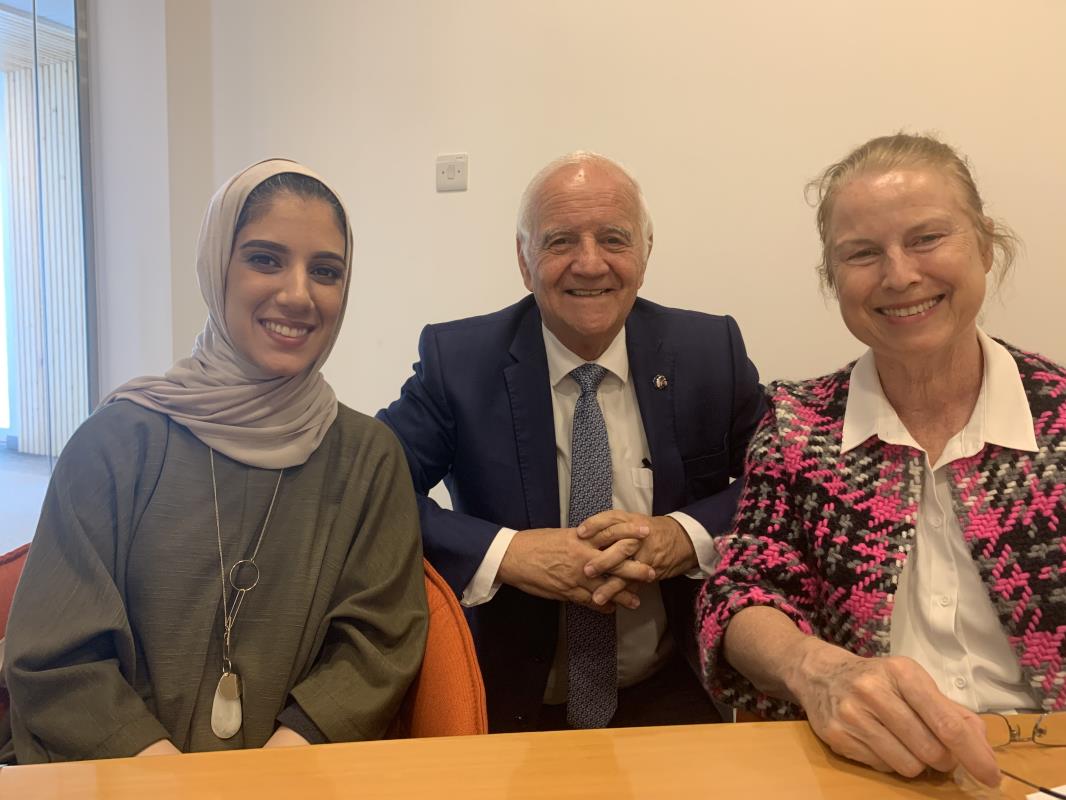Earlier this week, Russian president Vladmir Putin, best known for his shirtless bear hunting pictures, announced that “the first coronavirus vaccine in the world” had been “registered” in Russia. And one of his daughters had been vaccinated “successfully.”
Putting aside the slew of jokes this sparked in the newsroom from the legitimacy and favourability of the daughter to whether it might give one bear-hunting powers, the vaccine Sputnik V is emblematic of a long Russian relationship with risky remedies.
Experts around the world say that the Gamaleya Institute scientists who have worked on this have cut corners, ignored phases of pre-human trials and tried it on themselves, potentially risking millions of lives when the vaccine is administered free of charge to Russian citizens. (Source)
Except, this is nothing new.
Catherine the Great(est Patient)
During the smallpox outbreak in the latest 18th century, before the invention of vaccines, Empress Catherine the Great summoned English doctor Thomas Dimsdale, the most famous inoculator of the day, to St Petersburg to inoculate herself against the disease.
Inoculation, called variolation when referring specifically to the smallpox, had become quite popular in Europe in the 1700s and was the precursor to vaccination. A person was “infected” with a weaker strainer of the virus via superficial skin cuts to help them develop immunity. It was problematic however. Not only could the person continue to infect others, there was no guarantee that the immunity would last a lifetime and at times, it would end up killing the person.
But did this stop Catherine? No way.
She feared smallpox so much that she decided to be the first Russian to be inoculated. To her credit, just in case the inoculation didn’t take, she arranged a relay of the fastest horses to carry Thomas Dimsdale from the country to save them from the pitchforks and torches.
Luckily, the cure took, after two weeks of a weakened form of the illness and 140 more members of the royal court were inoculated.
First vaccine
Three decades later, Edward Jenner came up with the first ever modern “vaccine,” a term derived from “vacca,” the Latin word for cow.
Edward had noticed that milk maids often got cow pox, but never smallpox, so he decided to try injecting people with the cowpox, a related but much weaker disease. Not only would this not cause death among its hosts, it was also not infectious.
By then Catherine’s example had inspired millions of Russians to take the vaccine. Not to mention the barony that Thomas Dimsdale was rewarded for his efforts.
A time-honoured tradition
Catherine was not the first and definitely not the last. In the 1800s, many Russians conducted experiments on themselves that could potentially make them immortal.
In the 1920s, Aleksander Bogdanov had a vision where “all were granted an equal share of society’s collective health through blood exchanges.” Ironically, he died after exchanging blood with a student who had tuberculosis.
Power couple
But the diamond standard of Russia’s risky remedies were Marina Voroshilova and Mikhail Chumakov. The married couple were trying to test a live poliovirus vaccine that could be administered orally.
At the time, there was already a vaccine with the inactivated virus, but it had to be injected, making it prohibitively expensive to use in poor countries.
So Mikhail obtained three strains of the live virus from his American counterpart Albert Sabin, who had faced resistance from the regulatory authorities about using a live virus.
Innocuous Inoculation
Mikhail and Marina, after taking the virus themselves, decided to test it on children – specifically their three sons and several nephews and nieces, administered in the form of innocent-looking sugar cubes.
They survived, leading to wider trials and eventually mass production of the world’s first oral polio vaccine, which has aided in eradication efforts around the world.
The three sons aforementioned all grew up to be virologists, but I’d advise parents of future bankers and astronauts against trying to embed dinars or moon rocks into tonight’s dessert.
Exceptionalism
There is a bizarre but admittedly, bad-ass idea of Russian exceptionalism that underlies a lot of these experiments.
In 2012, global pharmaceutical companies like Bayer and Pfizer started doing clinical trials in Russia, with thousands of Russians enrolling for them.
Dr. Alexei Chumakov, who was yet to be born when his parents experimented on his brothers, developed a vaccine against hepatitis E and, you guessed it, tested it on himself first. He said: “It’s an old tradition. The engineer should stand under the bridge when the first heavy load goes over.”
Unregulated experimentation has its own history in medical research, but has lost its appeal (often legally) in the West. Most scientists (and Marvel supervillains) who do or have done it are denigrated as mad scientists. But this has not deterred Russia.
In April, members of the Russian elite started self-testing the Gamaleya vaccine and thus far, no adverse effects have been reported.
Lessons
First off, this is by no means, an endorsement or rejection of any of the hard work that any scientist around the world has been putting into developing a cure and/or vaccine.
However, the “regulatory approval” that this vaccine claims is definitely to be taken with a grain of salt, but the biggest lesson is that despite all the efforts of “Wiley Coyote”-esque scientists, vaccine development was, is and will always be a global effort, not an arms race.
Unless we are racing towards a world filled with falling arms and laced sugar cubes. Then again, bear-wrangling sounds fun.































